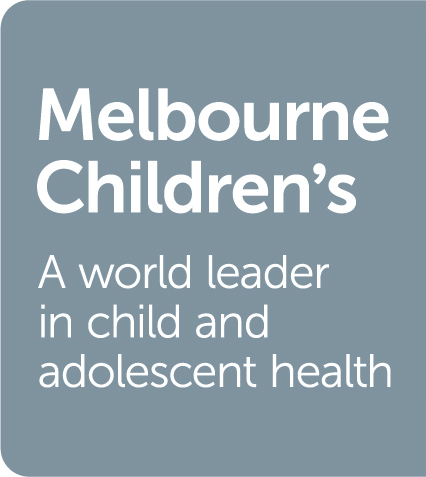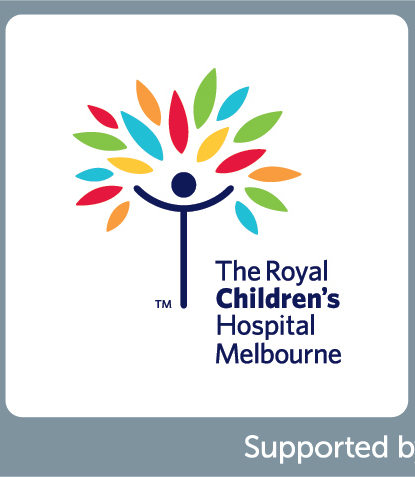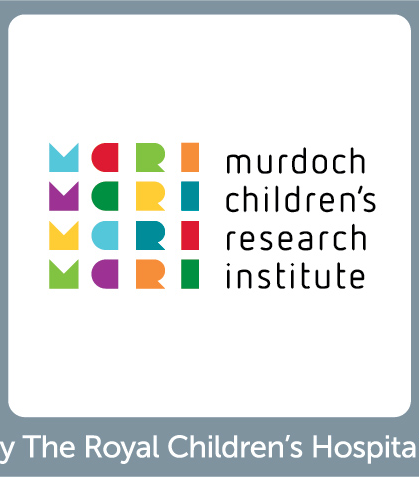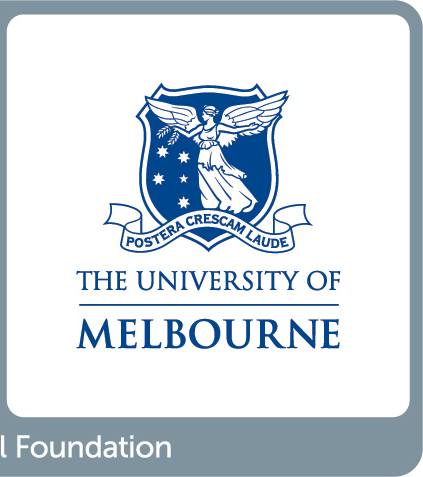Communicate your Findings
Projects that are reported in the main stream media are twice as likely to be sited by scientific papers, and also help your research to reach decision makers and effect policy. Receiving media attention in your recruiting phase can also help your project meet your recruitment targets. It's therefore a great idea to plan how and when you approach journalists. This is especially recommended for recipients of large grants.
MCRI Communications will help you:
- develop key messages
- develop a media plan
- write and distributing media releases
- help with interview techniques
- Brief children and families
Most main stream journalists are under a lot of time pressure. If they receive a well-crafted media release, this may be published with minimal changes.
If you are contacted directly by the media, please liaise with the Communications team so they are aware of all potential stories.
For further details on liaising with the media, refer to the Media policy.
Media training
Media training is available to researchers on a one-on-one basis. Group sessions are also held on an ad-hoc basis throughout the year. If you are interested in attending a media training session please contact the MCRI Communications team.
Social media can be a powerful tool in engaging and reaching a large number of people, a powerful tool for fundraising or for recruiting for a research study.
MCRI actively engages with supporters via social media platforms such as Facebook, Twitter, Instagram and LinkedIn.
If you would like to promote your research, your latest findings, advocate on an issue or to recruit people for a study, please reach out to [email protected] for a discussion.
Please familiarise yourself with the Social Media- use in research guide and MCRI Social Media Policy
Have a look on the Ethics teams Plain Language Resources for some great information on how to craft your message for a general audience.
Don't |
Instead |
|
Be boring Obvious, but a common mistake! |
Make your message entertaining and relatable Main stream media (and your work!) is competing with all of the internet for viewer's attention. You may frown at clickbait, but it works. If you want your work to appear in the media, you need to help journalists get the ad revenue they need. Remember that WHAT your research means is almost always more engaging than HOW you found out. |
|
'Bury the Lead'. |
Order the information from most important to least important.
Many readers only skim the first paragraphs, and only continue if you capture their attention. Make that paragraph count. It's common to see scientists write using the same structure as a paper; beginning with background and content, continuing to methodology, and ending with their conclusion. This is the opposite of what journalists need! |
|
Assume any prior knowledge |
Explain key concepts Many readers will have forgotten a large chunk of their high school science - but that does not mean they are stupid or unable to understand. Walk them through what they need to know - and why. |
|
Use jargon or formal language This includes:
|
Use simple, everyday language It can be worth sacrificing some technical accuracy or specificity to make your writing understandable and approachable. If you absolutely NEED to use a technical word, make sure you explain it or provide a link to an explanation. The internet is full of tools to help you simplify: Some words that feel 'too informal' are what makes it newsworthy - 'weird' findings are a lot more eye catching than 'anomalous' findings. |
|
Present a long block of text
|
Use short sentences, and break up the formatting. Headings, tables, dot points, changes in formatting (eg. indented, italicised, bold) and short paragraphs help the reader to digest bite sized chunks of information, and find what they are interested in. Break up your information with an infographic or a photo, or pick a pull quote that provides key information and grabs attention. |
|
Use long strings of digits |
Write out a 'ballpark' figure (eg. over sixteen thousand) or, if you need to be more exact, add commas to make the number clearer (eg. 16,342). |
|
Use percentages without further context or explanation
|
Use fractions for example. 'One in twenty people have side effects' is more compelling and easier to relate to lived experience than '5% of people experience side effects' . Avoid giving relative risk - even if this does make the data appear more 'Newsworthy', it also makes it harder for the audience to understand the real significance. Instead, provide absolute risk: "Combining these drugs increases likelihood of side effects by 20%" is scary. while "…increases likelihood of side effects from 10 in 1000 people to 12 in 1000" gives the data context. |
|
Throw it together |
Proof read your work
|
|
Forget your audience |
Empathise with your audience.
For example, If you want to recruit mums, consider contacting women's magazines - even if it's not your cup of tea. Provide content that suits the platform. Just because it's not a peer reviewed journal does not mean you are not educating an important audience. |
Publishing your research in respected peer-reviewed journals is an important academic step in ensuring your work is discoverable, contributes to the records of research and is impactful. It is also essential in advancing your research career and preventing the duplication of research efforts.
Library services
The RCH has an incredible physical and online Library service that is open to all staff and students at the Melbourne Children's Campus (RCH, MCRI & University of Melbourne-Department of Paediatrics). They have a vast range of tools that can help you best publish your work, including:
- Remote access to Library online resources
- Literature search support
- Referencing support (Endnote)
- Finding evidence-based clinical information
- Training & Fact sheets
Research Integrity
Managing publication integrity can be tricky, especially around the areas of:
- Authorship
- Plagiarism & Self-Plagiarism
- Peer review
- Disclosing conflicts of interest
- Predatory journals
For advice, tools and guidance on how to manage these issues please see the MCRI Research Integrity webpage or contact the team at [email protected]
Managing publication integrity can be tricky, especially around the areas of:
- Authorship
- Plagiarism & Self-Plagiarism
- Peer review
- Disclosing conflicts of interest
- Predatory journals
For advice, tools and guidance on how to manage these issues please see the MCRI Research Integrity intranet page or contact the team at [email protected]
Showcasing your work through a researcher profile is a great way improve the visibility and impact of your research and potentially find you new audiences and collaborators. Researcher profiles are designed to highlight areas of expertise including research / teaching / mentoring / leadership.
The MCRI uses the Nexus system has been built to help manage your researcher web profile. Nexus will enable you to collect, analyse, showcase and report on all your scholarly activities. With automated data harvesting, plus a rich researcher profile. Nexus is a comprehensive and powerful tool to help you manage all the data relating to your research inputs, outputs and much more.
Learn how to develop your Nexus profile or contact [email protected] for help.
Conferences are an excellent way to ensure you communicate your findings. Please talk to your research lead to see what conferences might be best for your research or use the Coms website to find relevant conferences.
If you are an MCRI student you may be able to get financial assistance to attend conferences.
You may also be entitled to conference (professional development) leave. Please discuss this with your manager.
Please note that you will need access to the RCH/MCRI intranet to use these templates. Please also check if you need approval to use any specific branding with the organisations comms team.
For RCH and Melbourne Children's templates please see here
Please see the RCH brand guidelines and MCRI Brand Guidelines when creating new media or using logos. Please contact [email protected] or [email protected] for more information.




